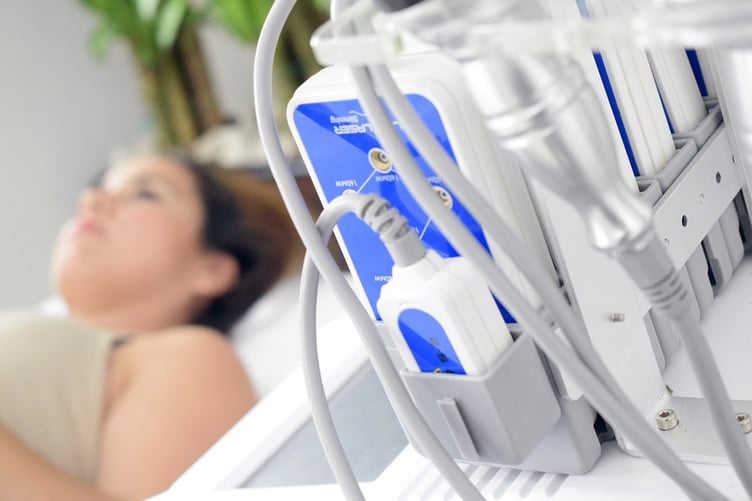Far too many leukaemia patients are being diagnosed after presenting at accident and emergency departments, leading to reduced survival rates, Senedd members have warned.
Mark Isherwood said leukaemia has a significantly higher rate of emergency diagnosis at 37 per cent compared with the overall cancer average of 21 per cent.
Leading a debate in the Senedd, the Conservative MS told the chamber: “Being diagnosed via an emergency setting has been linked to reduced survival.
“Sadly, there are nearly 5,000 deaths attributed to leukaemia every year in the UK, with 250 deaths in Wales every year.”
The North Wales representative said Betsi Cadwaladr University health board has the highest leukaemia mortality rate, with 311 deaths between 2017 and 2021.
Mr Isherwood highlighted the Spot Leukaemia campaign, launched by charities Leukaemia Care and Leukaemia UK, to raise awareness of the symptoms.
He said: “The challenge with early diagnosis of leukaemia is multifaceted but it can be attributed, in part, to the non-specific symptoms of leukaemia, including persistent fatigue, unexplained bruising, which can be indicative of more common and less sinister illnesses.
“This makes leukaemia hard to spot for the public and health care professionals.”
Mr Isherwood said a full blood count is all that is needed to diagnose leukaemia early or rule it out, which is significantly cheaper than many other diagnostic tests.
He sought to dispel public misperception that leukaemia is a childhood disease, explaining that 64 per cent of those diagnosed are aged over 65.
The Conservative said: “More awareness of leukaemia is greatly needed, with 30 per cent of the UK public still thinking leukaemia only affects those who are aged under 15.”
Backing Leukaemia Care’s call for better data, Mr Isherwood added: “The Welsh Government and Public Health Wales should and must routinely record and publish emergency presentation data for leukaemia.
“It would be a dereliction of duty if they did not respond positively to this call.”
Lynne Neagle recognised charities’ concerns that leukaemia is often overlooked but she stressed that the Welsh Government is committed to improving outcomes for all cancers.
Replying to the debate on 28 February, the deputy minister said Health Education and Improvement Wales has provided guidance and training for all GPs.
Ms Neagle added that rapid diagnostic centres have been rolled out, covering the whole population of Wales, to give GPs an extra option if they suspect cancer, but warned cancer services are under enormous pressure.


_cropped.jpeg?width=209&height=140&crop=209:145,smart&quality=75)


Comments
This article has no comments yet. Be the first to leave a comment.